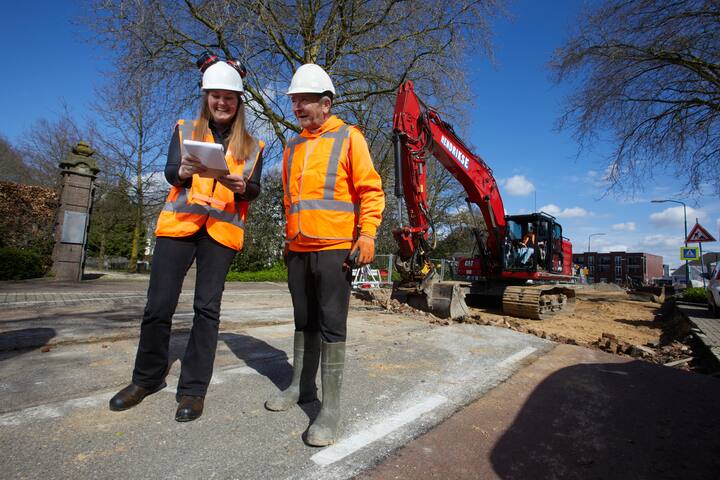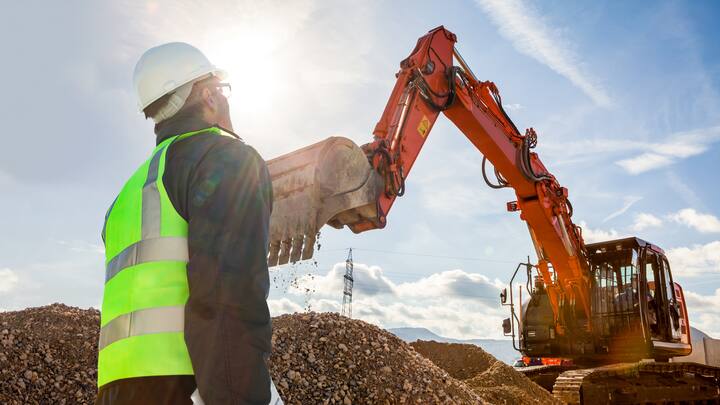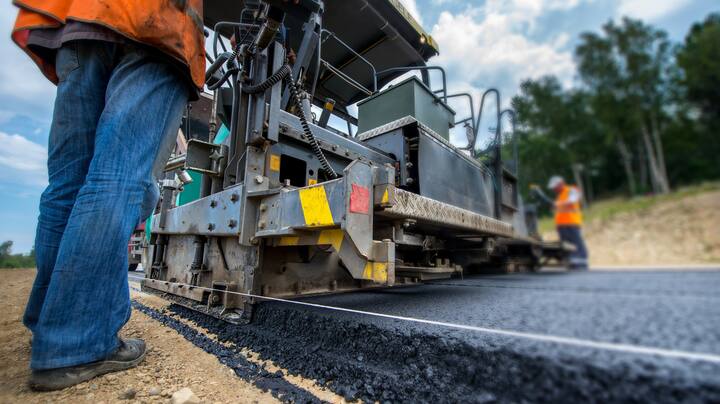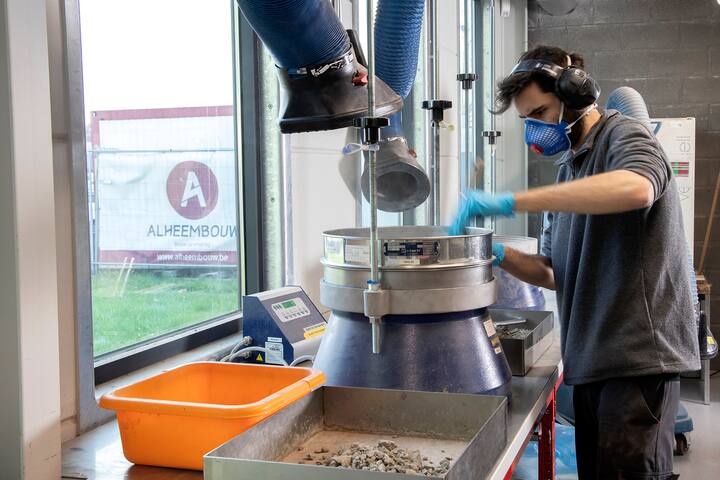
Quality Assurance
Quality assurance
Quality assurance is essential for ensuring the reliability, durability and safety of asphalt roads. It involves systematic inspections and evaluations throughout the entire process of design, construction and maintenance. A well-established quality assurance system enables early detection and correction of deviations, resulting in longer service life and reduced maintenance costs.
Through structured quality assurance, you demonstrate as a client or contractor your commitment to safety, sustainability and reliability. This builds trust between the client and the contractor and contributes to socially responsible infrastructure.
Benefits of quality assurance
Extend the lifespan of infrastructure
Improve road safety
Prevent failure costs and legal disputes
Contribute to sustainability and environmental protection
The drillings can be carried out using our own drilling rig.
What does quality assurance involve?
Quality assurance in infrastructure projects consists of several key components, which together form a comprehensive system:
Design-phase consulting
Review of CE declarations and material certificates
On-site process inspections
In-situ and laboratory testing
Independent verification by a third party
Collaborating for better quality
The shift toward integrated contract forms means that contractors bear more responsibility for the quality of their work. At the same time, public authorities remain essential as clients and representatives of societal interests. Active dialogue is key to achieving shared goals and fostering innovation.
Regular dialogue is important for:
Aligning priorities on quality, cost, and sustainability
Keeping RAW and CROW guidelines up to date and workable
Encouraging innovation and the adoption of new techniques
Preventing failure costs, delays, and legal conflicts
Sharing responsibility for broader social impact
Our recommendation
Six practical recommendations
Quality assurance is not a cost, but an investment. By continuously investing in knowledge, collaboration, and control, you actively contribute to safe, sustainable, and future-proof infrastructure.
Conduct regular inspections during and after installation
Use advanced measuring and testing equipment
Develop a clear and detailed quality plan
Train staff in quality control
Carefully document findings and take timely action in case of deviations
Maintain open communication with all involved parties
Are you looking to strengthen your quality assurance process for infrastructure projects?
These services might also be of interest to you

In-situ Density Testing

Layer Thickness Measurements

PAH and DLC Testing
Leading companies in this service

Normec WBL
Leerdam Netherlands